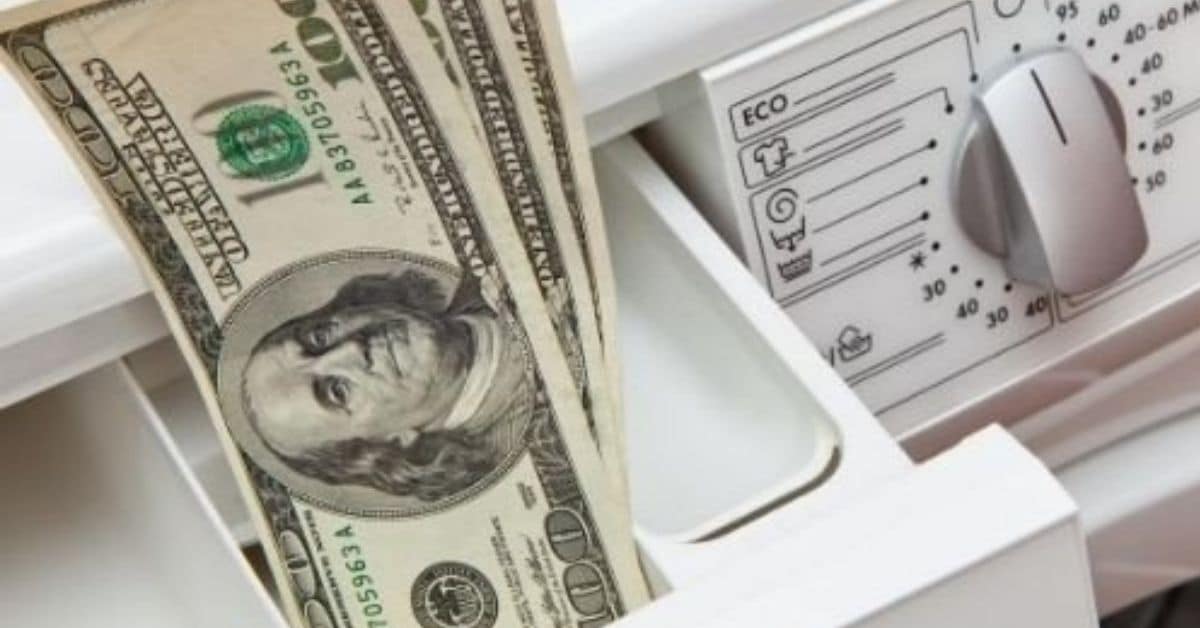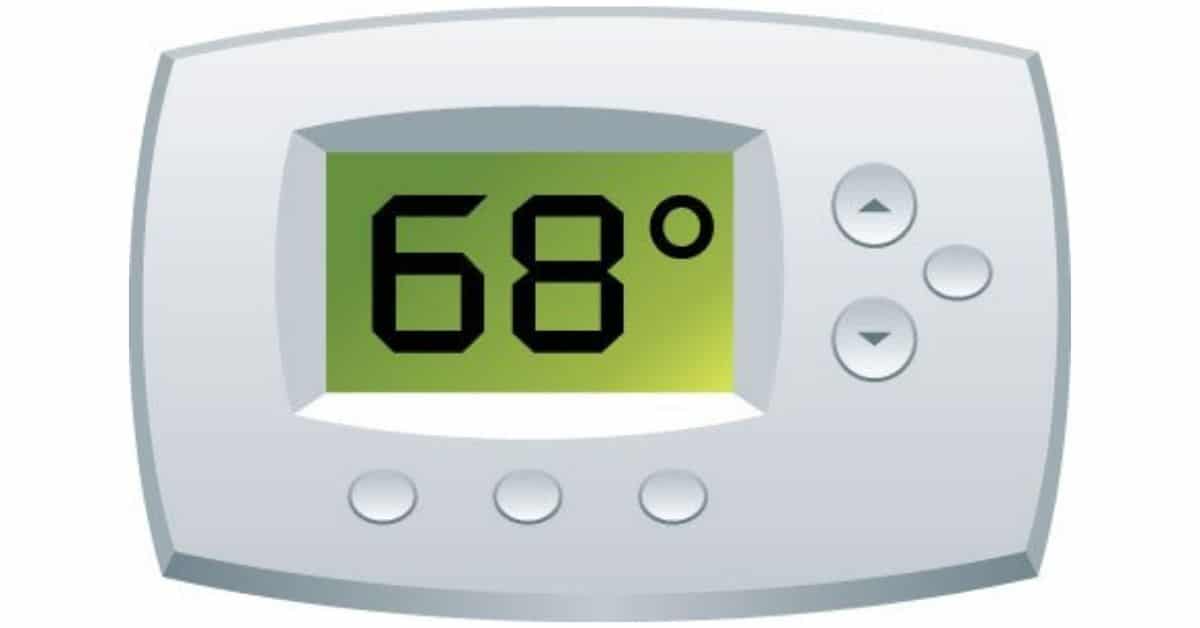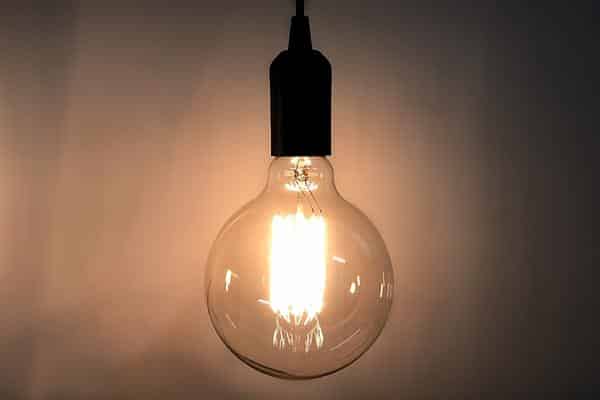
HOW TO CONSERVE ENERGY
Learn about conserving energy for energy sustainability, why it is important, and find actionable energy and money-saving tips to reduce your eco and carbon footprints.
This site contains affiliate links for your convenience. The goal is to first provide links to eco-friendly, ethical, and sustainable brands, and then to those same type brands that use Amazon (i.e., Climate Pledge Friendly Certification), if possible. Therefore, you may see multiple links for one option. Should you make a purchase through any link, I will receive a small commission at no additional cost to you. See my Disclaimers & Disclosures and Privacy Policy for more information.
Like this? Share it with others!
Learn the “What”, “Why”, and, more importantly, “How to” conserve energy with a FREE DOWNLOADABLE BELOW to get you started saving energy and money everyday.
What is Energy Conservation?
When we talk about energy conservation we ultimately want to achieve “sustainable energy”, which means using less energy than is produced or will not be depleted for future generations’ use. The definition of sustainability applies to energy as well.
When there is a system of energy production that relies on fossil fuels (petroleum, coal, natural gas), then this energy system is not renewable. Once the fossil fuels are depleted, the dependent energy system will stop. Hence, it is not sustainable.
Additionally, fossil fuels taken from below ground and burned for energy use emit dangerous greenhouse gases – carbon dioxide (CO2), methane, sulfur dioxide and nitrous oxide – into our atmosphere.
Sustainable energy forms, therefore, are those that are not only renewable, but also clean (no greenhouse gases). Obviously, this is the preferred method of energy production and consumption for a sustainable future.
Why is Energy Conservation Important?
When fossil fuels are burned and release harmful greenhouses gases into our atmosphere, scientists have confirmed they cause global warming which has terrible human and climate change effects we are becoming more familiar with, unfortunately.
Human health impacts are seen in the forms of cancer or increased asthma cases. Climate change alone produces increased hurricane and flooding occurrences, melting ice glaciers, sea level rise, coral reef depletion, and drought, to only name a few.
The increase in human health issues cause higher medical and insurance costs in addition to the stress and distress of taking care of failing loved ones. The side effects from climate change also have financial, emotional and psychological impacts to humans, including but not limited to:
- Home loss,
- Business loss,
- Income loss,
- Human migrations,
- Increased dependency on bottled water,
- Increased insurance rates, and
- Home rebuilding costs.
As you can see, when greenhouse gases negatively impact the environment, these effects are reflected on our society and economy. It’s a viscous cycle that will not end until we reduce, and eventually end, our use of fossil fuels and change the current system of energy production and consumption.
In that vein, it’s beneficial to take a look at what sectors produce the most greenhouse gases. The EPA chart below shows that the Commercial and Residential Building Sector (responsible for electrical and heating use) and the Electricity Sector accounted for 38% of total U.S. greenhouse gas emissions in 2020.
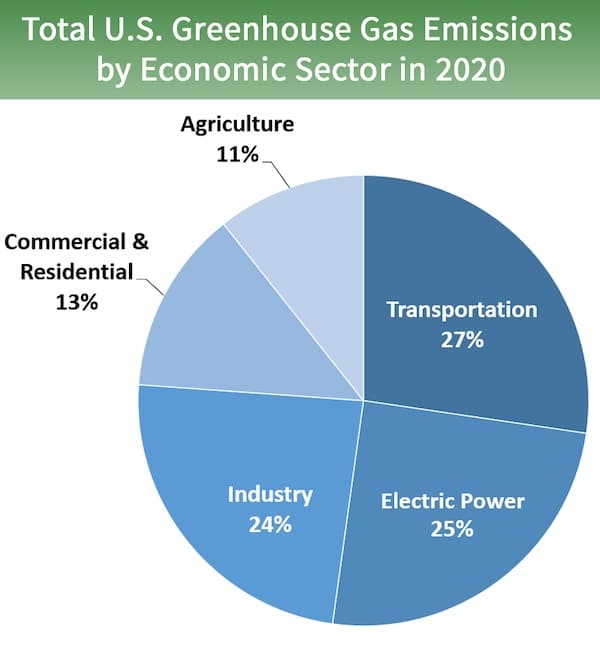
It goes without saying that energy use plays a critical role in reducing climate change effects. In turn, these efforts will reduce negative impacts to our society and economy.
Therefore, there are many benefits to reducing the amount of energy we use, as well as switching to renewable energy sources, especially in the Commercial and Residential Building and Electricity sectors.
The chart below from a 2015 study by the U.S. Energy Information Administration (EIA) shows how energy was consumed in the typical U.S. household. This breakdown of energy use type lends insight as to where day-to-day changes in each type of use can lend to positive impact.
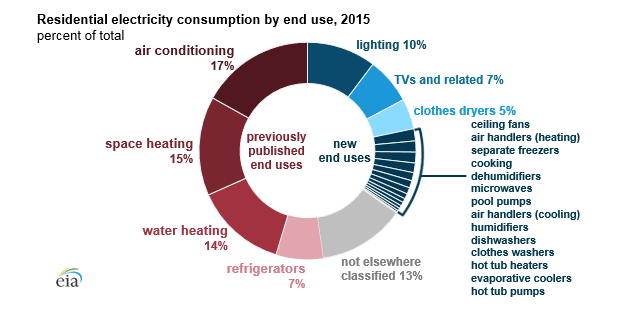
How To Conserve Energy
Energy Conservation – Behavior Changes
Changing your daily energy use habits is the other component to reducing your fossil fuel use. These habit changes can be done in different levels.
Go ahead and get started saving energy by downloading my Energy Conservation Checklist for FREE. This checklist will take you through Level 1 (easy and least expensive) to Level 3 (advanced and more upfront costs) steps to save energy.
All level steps will provide you a return on your financial investment no matter which steps you choose to take.
If you want more tips and ideas, check out the Energy Conservation blog posts that are continually added for your convenience.
Download and Get Started…
Get energy conservation tips at your fingertips. Download your Energy Conservation Checklist for FREE. I encourage you to review these tips, pick some to use, and take the Energy Conservation Challenge below.
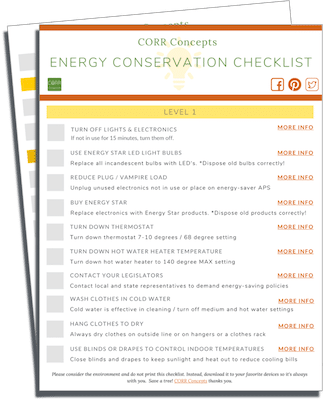
Energy Conservation – Conscious Consumerism
CORR Concepts is doing the home work for you to take the guesswork out of energy conservation products. Click the button below to be taken to the energy product third-party certifier list and ever-growing list of energy conservation products you can use to lower your eco and carbon footprints.
Take the Energy Conservation Challenge
Go a step further and take the CORR Concepts “Energy Conservation Challenge” by doing the following:
1. Take the pledge to turn off all lights and electronics, in your home or office, that are not in use. Get others to take the pledge.
2. Pick at least one more of the Energy Conservation Initiatives and implement them into your everyday life. Periodically, go back to remeasure your Ecological and/or Carbon Footprint to see if you’ve lowered your score. Keep adding more Energy Conservation tips to your daily life to keep reducing your footprint(s).
3. Share this webpage with at least one person so that the sustainability message will spread and enrich and benefit us all.


